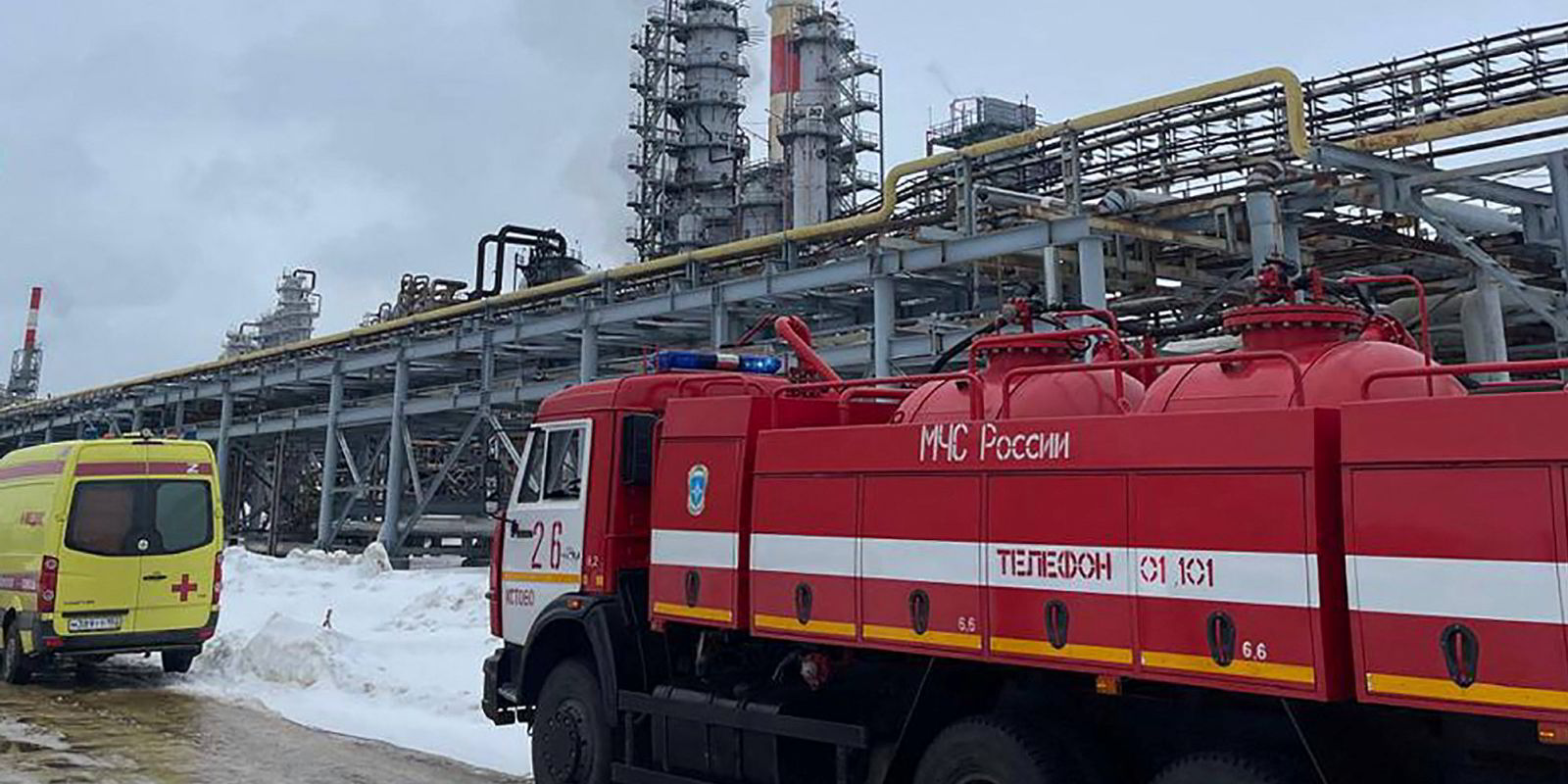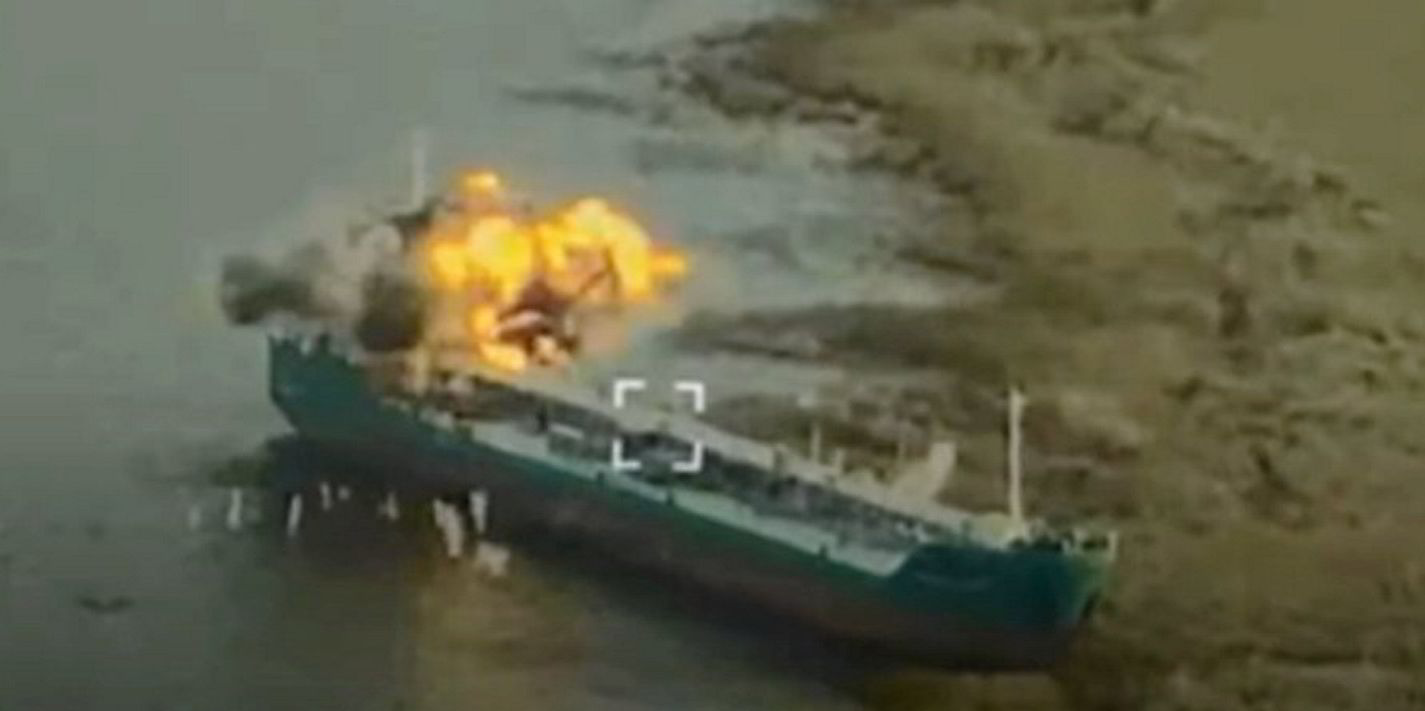Ukrainian drones started a fire at a major Russian refinery in a significant escalation of Kyiv’s tactic of targeting Russian energy assets, according to reports.
Moscow said it shot down some 25 drones during a wave of attacks across Russia but some appeared to have breached defences and damaged Lukoil’s Norsi refinery at Nizhny Novgorod, 400 km east of Moscow.
A regional governor posted a picture of the refinery and said fire crews were trying to douse the flames.
The attack followed weeks of assaults against Russian refineries that reduced capacity by about 500,000 barrels per day during a peak period of outages in the first days of February, according to data analyst Kpler.
The attacks have implications for tankers that haul Russian crude, with more barrels available to export owing to the reduced capacity at the country’s refineries.
Lead crude analyst Viktor Katona said data suggested that seaborne Russian oil exports were up about 300,000-400,000 barrels per day in March to 3.8m daily, largely because of the impact of the refinery attacks.
“Overall refinery runs will be lower,” said Katona. “It’s an extension of the previous attacks. It’s a difficult period for the refineries because they needed to build stocks before maintenance starts.”
The attack on the Norsi refinery followed a partial shutdown from January for an unspecified incident. The refinery typically produces 11% of Russia’s gasoline and the apparent complete shutdown could have an impact on domestic prices.
Russia introduced a six-month ban on exports of gasoline on 1 March to stabilise prices amid increasing domestic demand. It followed reports that Russian refinery production had fallen 7% since the start of 2023.
The UK Ministry of Defence said that the Kremlin would be particularly sensitive to rising prices in the run-up to presidential elections later this month.
“It is likely that Russia’s refining capacity has been temporarily reduced by multiple Ukrainian uncrewed aerial vehicle strikes against refineries across Russia,” the UK’s Ministry of Defence said on Saturday.
The refinery attacks this year began with a drone strike targeting a Novatek oil and gas facility in the Baltic port of Ust-Luga on 21 January, which knocked out some production for around three weeks.
Four days later, a Rosneft refinery at Tuapse on the Black Sea was struck.
Read more
- CMA CGM’s Red Sea return is generating fresh uncertainty for shippers
- Gibsons says VLCCs set to profit as pressure grows on Russian shipments
- Editor’s selection: Houthi attacks claim seafarer lives, celebrating International Women’s Day and George, the governance cop
- Tighter sanctions and stronger tanker rates hurting Russian crude exports, says Poten
- ‘Misunderstandings’: Hafnia refutes any breach of Russian sanctions amid probe





